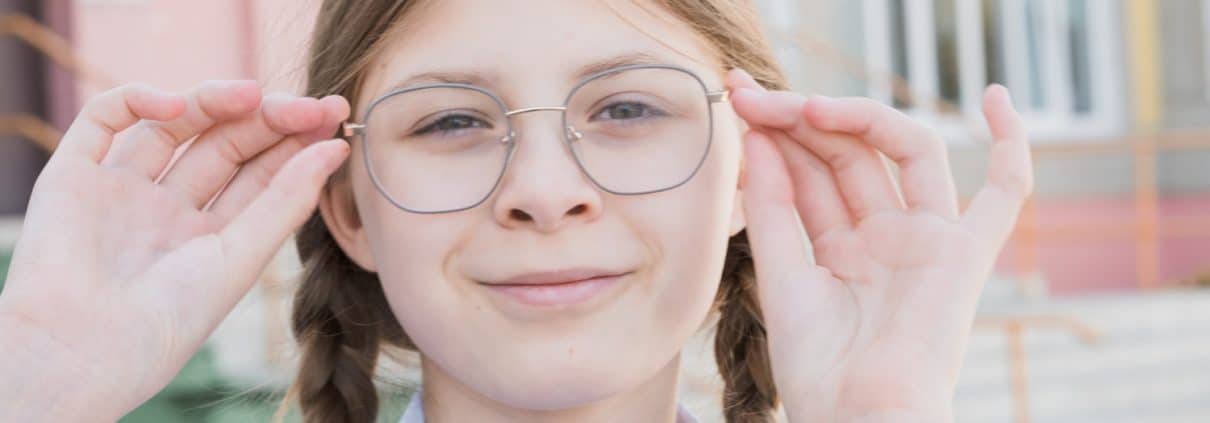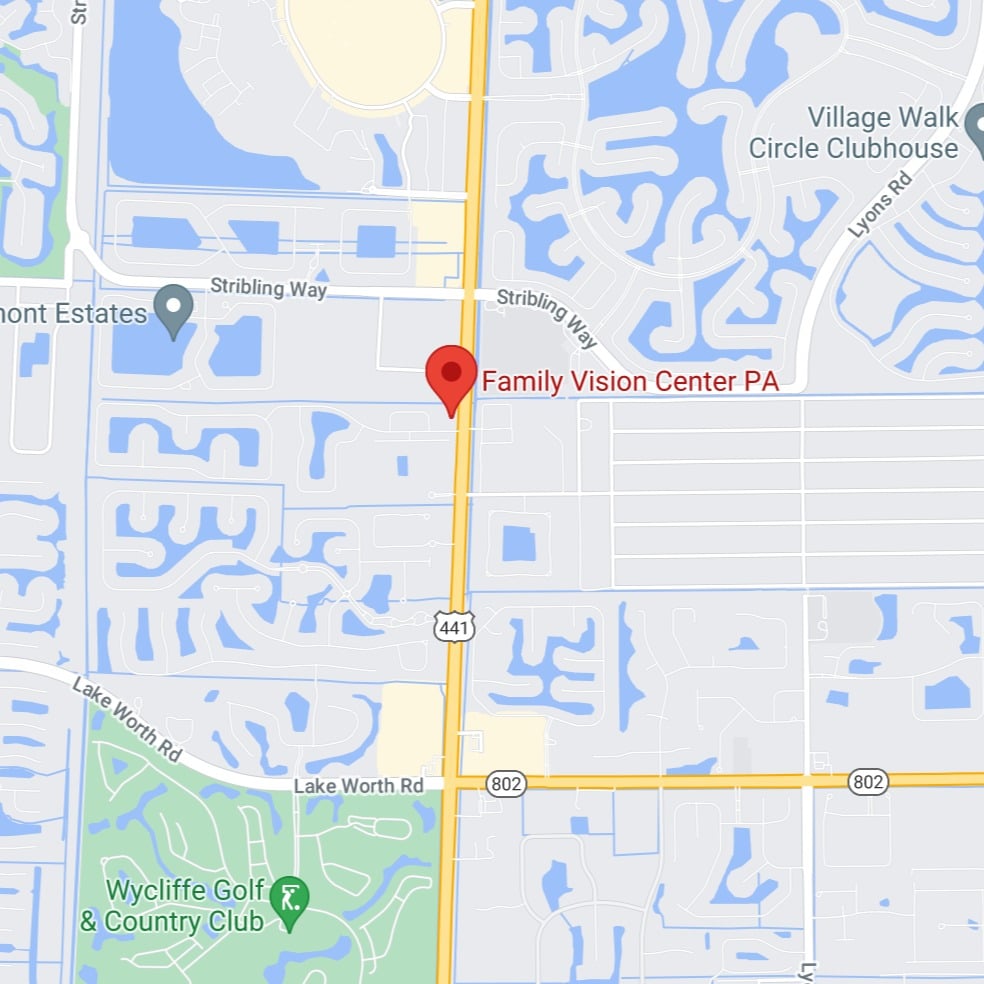Why Is Pediatric Eye Care Important?
As a parent, you want to ensure your child is healthy and thriving. One critical component of your child’s overall health is their vision. Early detection and treatment of eye problems in children are essential to prevent long-term complications. In this post, we’ll explore the basics of pediatric eye care, why it’s crucial, and what you need to know to keep your child’s eyes healthy.
The professional team at Vision Source Signature Eye Care of Wellington, FL, is proud to serve the local community with premium eye care services for you and your family.
As a parent, you want to ensure your child is healthy and thriving. One critical component of your child’s overall health is their vision. Early detection and treatment of eye problems in children are essential to prevent long-term complications. In this post, we’ll explore the basics of pediatric eye care, why it’s crucial, and what you need to know to keep your child’s eyes healthy.
Children’s eyes are still developing, making them more vulnerable to eye problems, leading to permanent vision loss. Early detection and treatment of eye problems can prevent long-term complications and improve your child’s quality of life. Here are some reasons why pediatric eye care is critical:
- Childhood eye problems can lead to permanent vision loss if not detected and treated early.
- Undiagnosed vision problems can affect your child’s ability to learn and develop.
- Eye problems can affect your child’s coordination and depth perception, leading to problems with sports and other physical activities.
- Some eye problems in children can be symptoms of more serious underlying conditions that need immediate attention.
When Should My Child Have Their First Eye Exam?
The American Academy of Ophthalmology recommends that children have their first eye exam at six months. During this exam, your pediatrician or eye doctor will check your child’s eye movements, alignment, and overall eye health. They’ll also look for signs of eye problems such as nearsightedness, farsightedness, and astigmatism.
After their first eye exam, children should have follow-up exams at three years old and again before starting kindergarten. After that, children should have routine eye exams every one to two years, depending on their eye health and whether they wear glasses or contacts. Consistent touch points and contact throughout this time are vital for their development.
Common Pediatric Eye Problems
Children can develop a range of eye problems, including:
- Myopia (nearsightedness)
- Hyperopia (farsightedness)
- Astigmatism
- Amblyopia (lazy eye)
- Strabismus (crossed or misaligned eyes)
- Conjunctivitis (pink eye)
- Blocked tear ducts
- Eye infections
Your Local Quality Eye Care Professionals
Pediatric eye care is essential to properly developing a child’s vision and overall health. Regular eye exams, early detection, and treatment of vision problems can significantly impact a child’s academic success and quality of life. A child’s visual system undergoes significant changes during the first few years of life, making it crucial to seek professional eye care services from a qualified pediatric optometrist. Parents can help set their child up for a lifetime of healthy vision by partnering with a trusted eye care provider.
During your next appointment with the proficient team at Vision Source Signature Eye Care of Wellington, FL, you can be sure you are receiving the utmost care and guidance that your unique situation merits.





Leave a Reply
Want to join the discussion?Feel free to contribute!